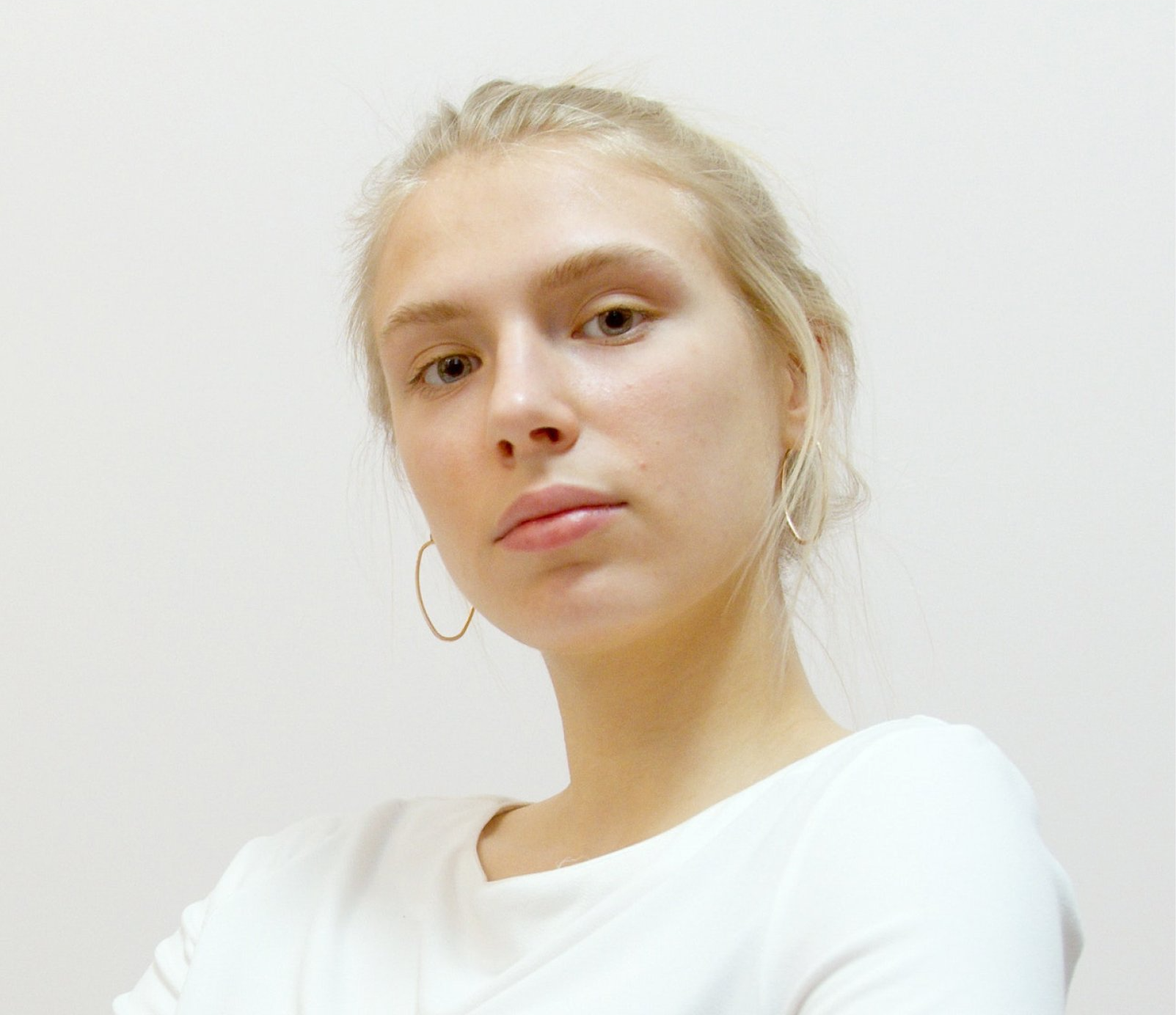Enjoyable and healthy peer relationships are essential for a child’s normal development . A child’s peer relationships have also been found to be an important predictor of adult success and fulfillment in their social relationships and occupation. Difficulty in finding friends leads to feelings of low self-esteem, and this in turn worsens the other problems a child with ADHD may be encountering: academic difficulty, behavior problems in class, and a variety of problems at home. In addition, children with poor social skills are at increased risk for delinquency and school drop-out.
The child with ADHD often lacks the ability to learn the social skills that are essential to succeed in life. These children may become socially inept, and their lack of interpersonal skills can cause them many important difficulties. For a child, positive relationships with friends is an essential component of a happy childhood, and furthermore, provides a critical buffer against stress and helps to protect them from psychological and psychiatric problems. ADHD children can lack these positive interactions and thus are at risk for a number of emotional problems. Approximately 65% of these children suffer from peer rejection , and are less likely to be chosen as seatmates, activity partners, and best friends.
As these children grow older, these problems seem to get worse. Inappropriate behavior, or simply difficulty in connecting, and the resulting sadness, hopelessness, and resignation can lead to further social rejection. As adults, they often have difficulty finding and maintaining successful careers. Relationships and familial matters usually suffer significantly as well. Problems with the law are much higher for these individuals too. Approximately 70% of the inmates in California penal institutions have been diagnosed with ADHD.
Causes of Rejection
It is difficult to determine all the factors that make a child unpopular. There are three sub-types of ADHD: inattentive, impulsive-hyperactive, and the combined form (a combination of the previous two). There are subtle social cues people exchange when interacting, such as tone of voice, the look in one’s eyes, and posture. When there is a deficit of attention, these subtle cues are missed, and the inattentive child doesn’t know to adjust their behavior appropriately to make and keep a good connection with the person they’re relating to. Inattentive children become bored more easily and may become disruptive to the class, and have a hard time adjusting their behavior as situations change in the classroom. They may also be less “tuned in” to activities and games, and this limits participation, on which social connections are made.
Children with the impulsive-hyperactive and combined forms of ADHD often behave inappropriately and/or aggressively, they may engage in more fighting and interrupting of others. They are more likely to want to dominate play, run, yell, tease and make rough physical contact inappropriately. These behaviors can make others uncomfortable, and set up a process of peer rejection. Furthermore, these children will often attract other children with similar behavior, and they may reinforce each other’s bad behavior, making the problems worse.
Remedies
Unfortunately, some parents will not get their children the help they need and deserve. Many parents deny the possibility of their child having ADHD, and the need for testing and treatment, because they understandably fear the rigors and side-effects of medication.
An alternative method to medication is Neurofeedback, a type of biofeedback that utilizes EEG to provide information on brain signaling activity and allows for re-training that lasts for life. This form of treatment mitigates the symptoms of ADHD in a beneficial and side-effect-free manner by re-focusing the thought processes of brain.
For additional information pertaining to Neurofeedback therapy for ADHD or various other disorders, please contact the director of the Alta Neuro-Imaging Orange county, CA location.



